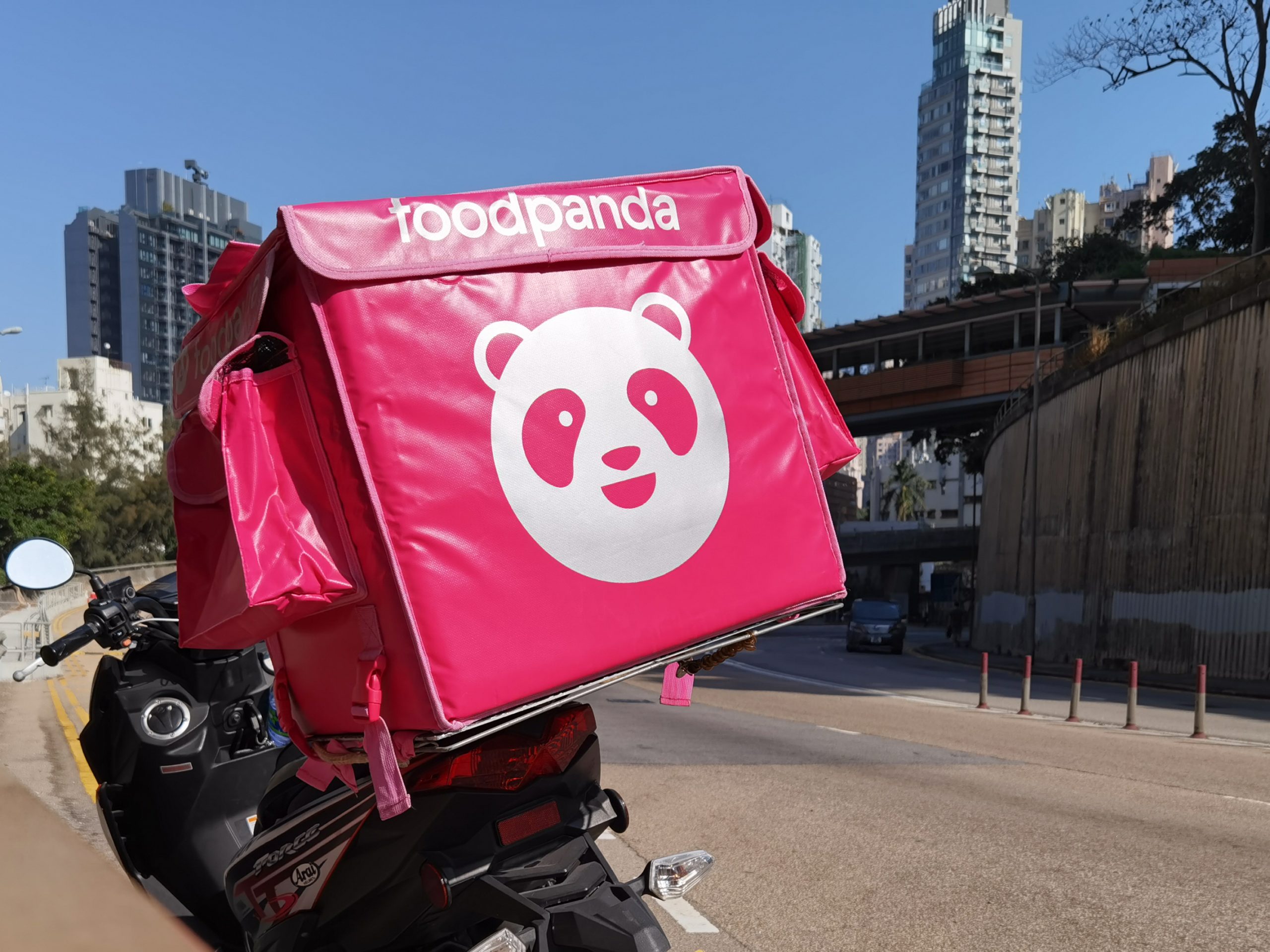Uber Technologies is acquiring Delivery Hero’s Foodpanda Taiwan branch for $950 million in cash, as part of its Asian expansion strategy.
Uber Technologies said on Tuesday that it will pay $950 million in cash to acquire Delivery Hero’s Foodpanda Taiwan branch. The transaction is a component of Uber Eats’ Asian expansion strategy, which aims to bolster the company’s position in Taiwan. However, it also highlights Delivery Hero’s continued withdrawal from that same market, as the transaction coincides with the company’s efforts to divest a number of its other Southeast Asian operations.
Uber is also purchasing a share of Delivery Hero as part of the deal. It plans to acquire $300 million worth of recently issued common shares of the Germany-based company, which provides food delivery services all over the world.
Uber announced that they will complete the transaction in the first half of 2025, making it one of the largest international purchases to come out of Taiwan.
According to the announcement, local customers, businesses, and delivery partners of Foodpanda will switch to Uber Eats once it shutters.
In Taiwan, the two biggest meal delivery services are Uber Eats and FoodPanda. A recent estimate states that between January 2022 and August 2023, Food Panda held a 52% market share, while Uber East held a 48% share. Other food delivery companies, such as Foodomo and a multitude of other fast food delivery applications, hold less than 2% and 6% of Taiwan’s market share.
In Taiwan, where there is intense competition, internet meal delivery services still make up a very small portion of the industry. According to Pierre-Dimitri Gore-Coty, senior vice president of delivery at Uber, “We’re so excited about the opportunity to deliver even greater convenience and value that this transaction would unlock in the years ahead.”
Uber anticipates geographic synergies from the deal. It stated, “Foodpanda’s comparative strength is in southern Taiwan and smaller cities, compared with Uber’s wider selection across northern Taiwan and in major urban centers.”
We expect the online meal delivery market in Taiwan to grow from $51.3 million in 2024 to roughly $68.5 million by 2029.
Food delivery, as a broader industry, has undergone many ups and downs. Unit economics and the quest to achieve superior economies of scale in competitive regions have resulted in significant consolidation and the temporary withdrawal of previously globally ambitious firms to their home markets.
This has been particularly unpleasant to watch in the “instant grocery” sector. Ultimately, the “instant grocery” sector has resulted in the loss of billions of dollars raised from numerous investors due to the failure of smaller companies or their acquisition by larger ones, often at a significantly reduced cost. Following that, the larger companies themselves reduced their operations, as Getir did in April.
Uber finds Taiwan’s well-established food delivery sector appealing due to its concentrated topography, according to Bernstein analysts.
According to Bernstein’s analysts, “top-down, GDP/capita levels are good versus Asia broadly, and Uber Eats is well positioned.” They also note that Taiwan has a particularly strong business funnel, with users placing an average of seven orders per month, as opposed to the three to five times that Bernstein claims it typically sees in delivery markets. This implies that it also leads in terms of gross bookings contributed by members.
Delivery Hero, however, stated that it intends to concentrate its foodpanda business on other markets.
Niklas Östberg, CEO and co-founder of Delivery Hero, stated, “The strength of our Taiwanese business is a testament to the hard work of many teams over the last eight years.” We have determined that in order to create a service that leads the globe, we must concentrate our efforts in other areas of our worldwide presence where we believe we can make the biggest differences for riders, vendors, and customers. Foodpanda now has an intriguing runway in Taiwan thanks to this purchase, and we wish them the best of luck in their further endeavors.
In February, Delivery Hero ended negotiations with an unidentified third party in an effort to reduce its footprint in Asia. The markets in question were Singapore, Malaysia, the Philippines, Thailand, Cambodia, Myanmar, and Laos. In Southeast Asia, Delivery Hero’s food delivery business faces competition from Grab. Following its September layoffs, Foodpanda’s discussions to partially sell the company fell through. The goal was to streamline operations.












